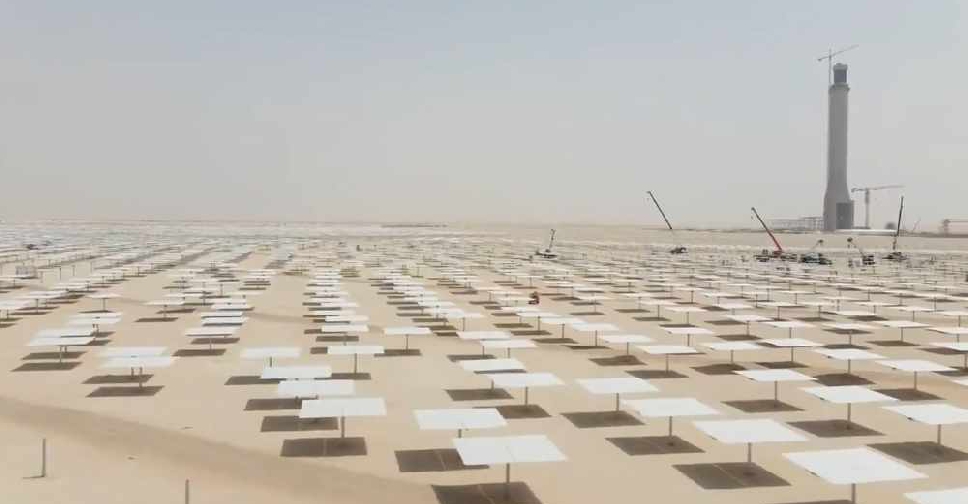
Abu Dhabi's Department of Energy has announced nine projects that will contribute to the UAE's Net Zero by 2050 initiative.
The existing and planned projects, over the next decade, will focus on clean energy generation from solar and nuclear sources, electrification of the water production system through reverse osmosis (RO) and enabling policies and energy efficiency measures.
The move, the authority emphasized during COP26 in Glasgow, will help drive total emission reductions of more than 29 million tonnes per year by 2030.
These are:
- Noor Abu Dhabi solar PV plant projected to avoid up to 1 million tonne of CO2 emissions per year
- Barakah nuclear power plant to avoid 21 million tonnes of CO2 emissions per year
- Al Dhafra 2GW single site solar PV plant which could reduce 2.4 million tonnes of CO2 emissions
- Two additional solar projects with a combined capacity of 2GW and potential to avoid 2.6 million tonnes of CO2 emissions
- Two waste-to-energy plants in Abu Dhabi and Al Ain expected to help reduce 2.4 million tonnes of CO2 emissions
- Abu Dhabi is also contributing new planned water production electrification projects to support the energy transition
.@AbuDhabiDoE has confirmed nine projects that will contribute to the UAE’s Net Zero by 2050 Strategic Initiative, during the COP26 climate change conference in Glasgow, Scotland. pic.twitter.com/7pOPBGPWpB
— مكتب أبوظبي الإعلامي (@ADMediaOffice) November 5, 2021
Awaidha Al Marar, Chairman of the Abu Dhabi Department of Energy, reaffirmed that Abu Dhabi is committed to lead the transition to renewable and clean energy in line with the UAE strategy.
He added that the aim is to achieve "55 per cent of Abu Dhabi’s electricity in 2025 from clean sources" and "to cut power generation emissions from 40 million tonnes of CO2 emissions in 2020 to approximately 20 million tonnes in 2025".
Plans are also in place to "reduce 4 million tonnes of CO2 emissions per year".




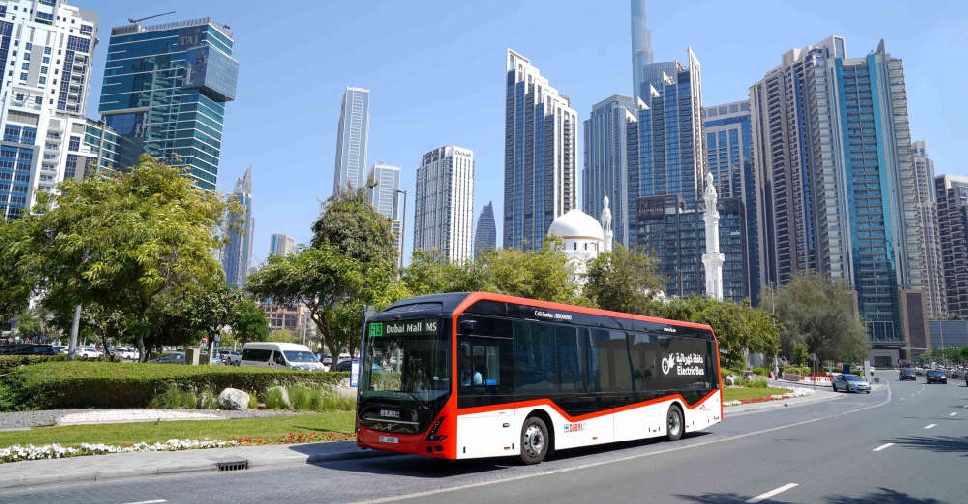 Dubai trials high-tech electric bus in drive toward zero emissions
Dubai trials high-tech electric bus in drive toward zero emissions
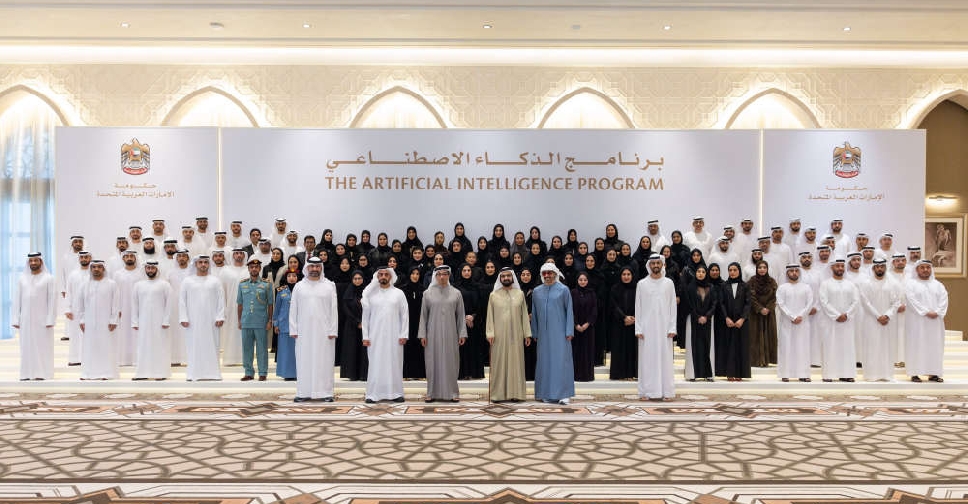 UAE powers up AI workforce with over 100 new graduates
UAE powers up AI workforce with over 100 new graduates
 UAE plans facial recognition ID system; no card needed
UAE plans facial recognition ID system; no card needed
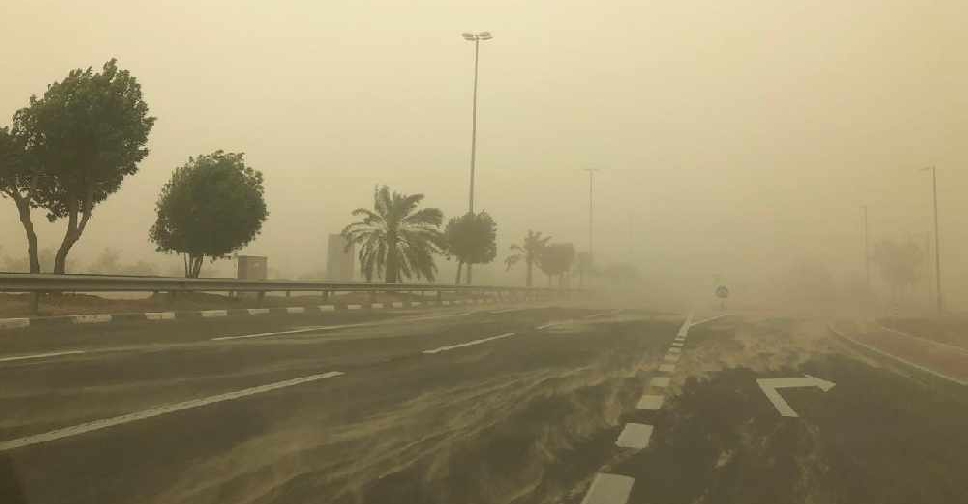 UAE weather alert issued as dusty conditions reduce visibility
UAE weather alert issued as dusty conditions reduce visibility
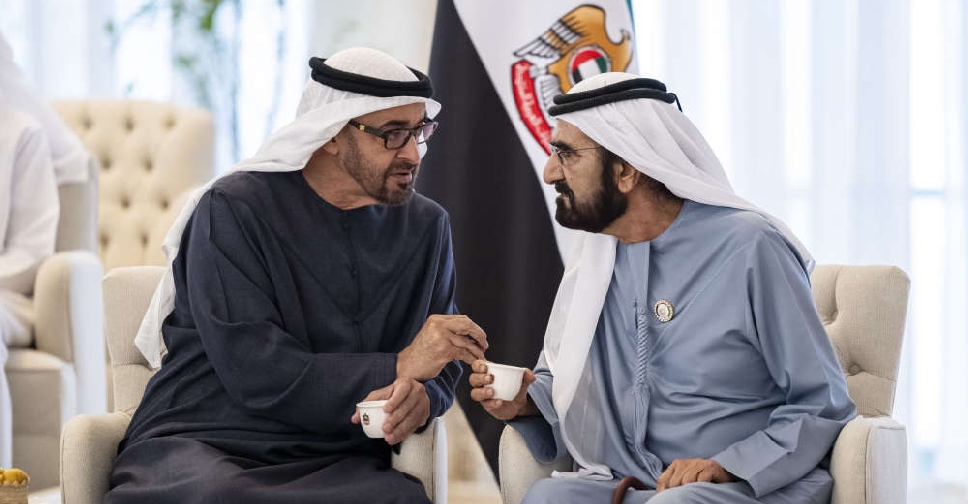 UAE leaders meet in Abu Dhabi to discuss national priorities
UAE leaders meet in Abu Dhabi to discuss national priorities







